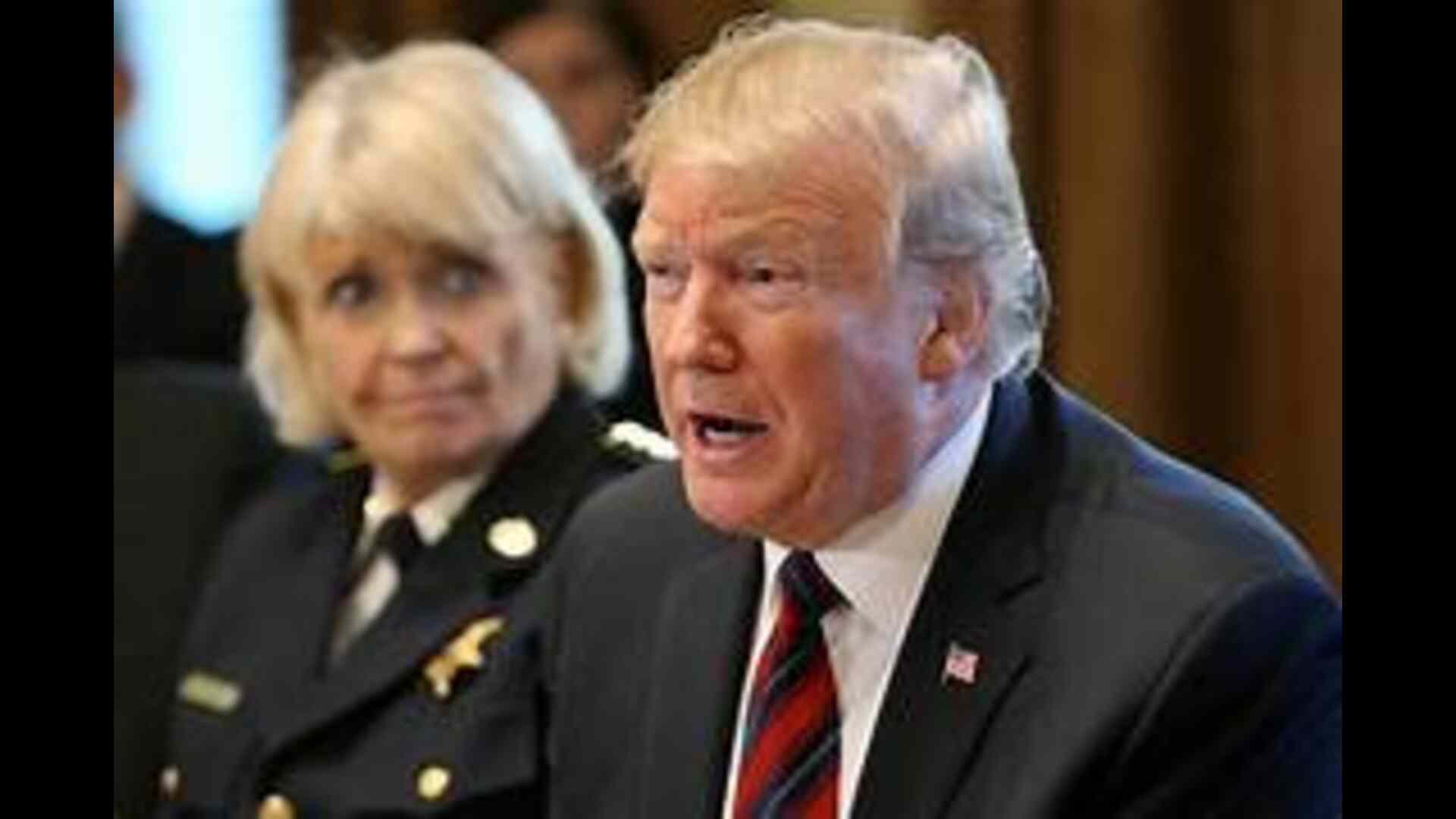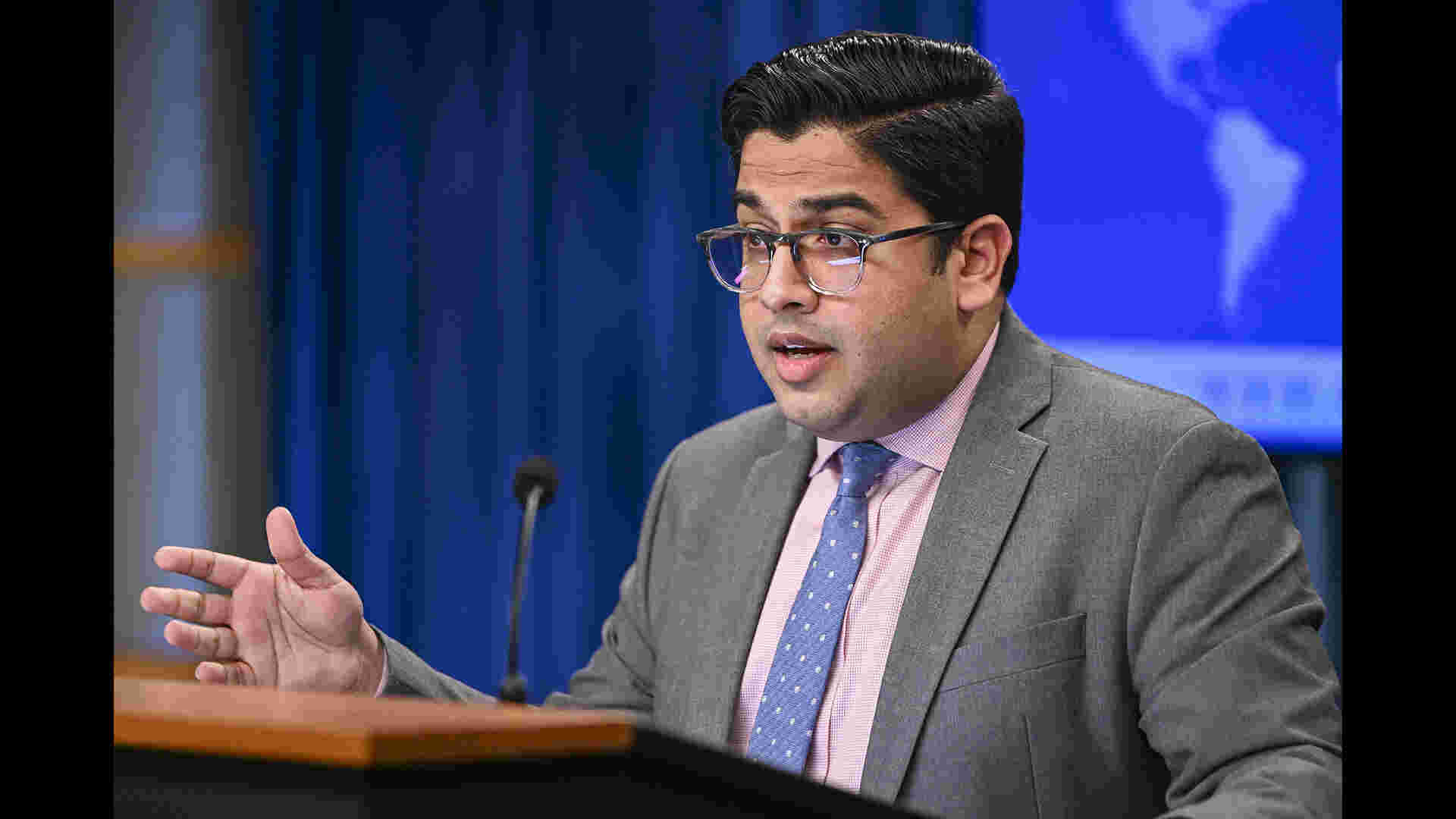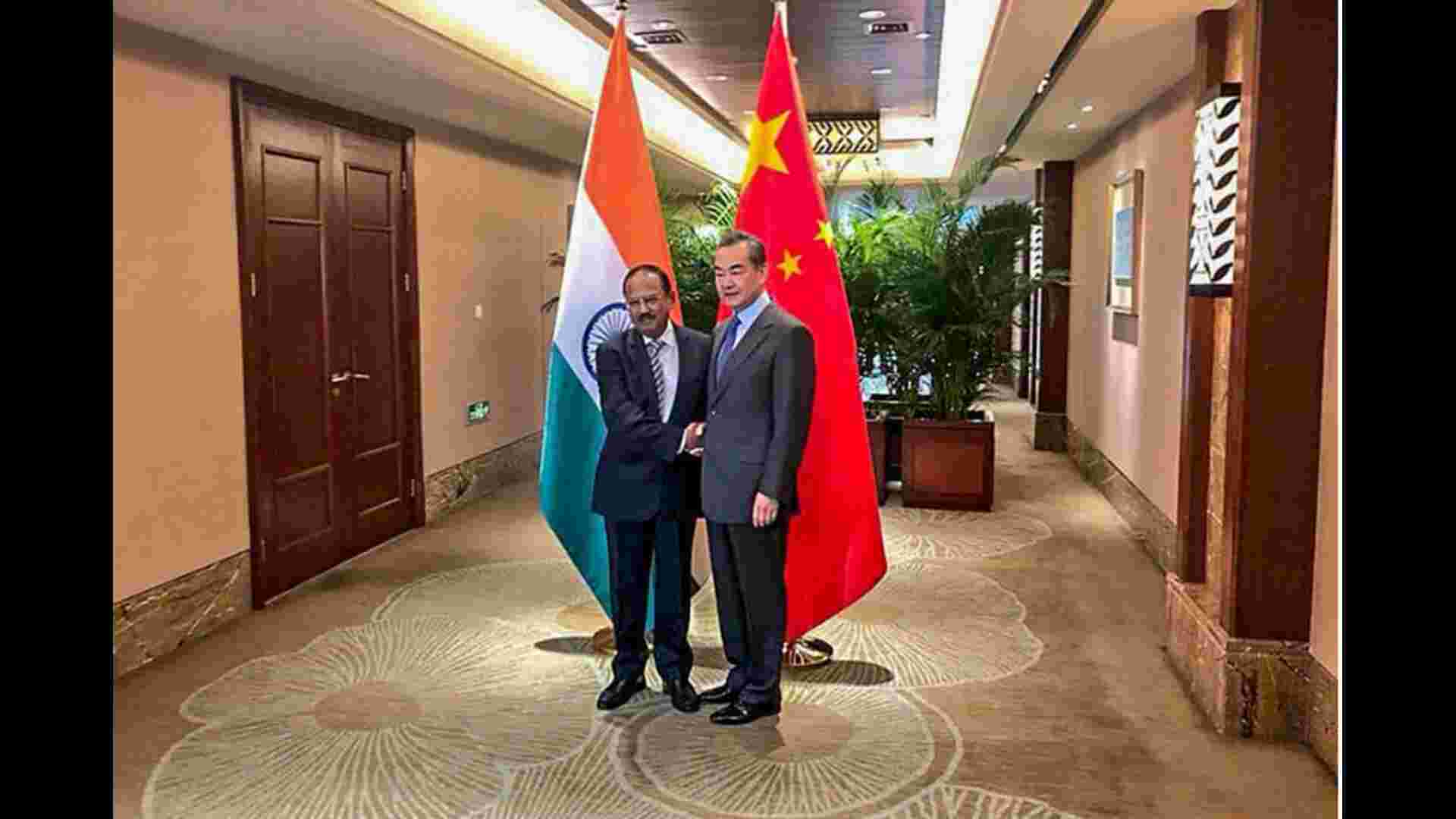
UK has paused its planned increase in the minimum income requirement for British nationals and permanent residents sponsoring family members. This decision, affecting many Indian families, was confirmed by UK Home Secretary Yvette Cooper in a statement to the House of Commons. The current annual income threshold of GBP 29,000 will remain unchanged until the independent Migration Advisory Committee (MAC) completes a review of the impact on families.
Review of Key Sectors
The MAC has also been tasked with evaluating the reliance of key sectors, particularly IT and engineering, on international recruitment, including significant contributions from India. Cooper highlighted the need for a thorough review, stating, “The family immigration rules, including the minimum income requirement, need to balance respect for family life with ensuring the economic wellbeing of the UK is maintained.” She emphasized that there will be no changes until the MAC review is complete.
Background and Concerns
The previous Conservative government, led by former Prime Minister Rishi Sunak, had proposed increasing the minimum salary required for British nationals to sponsor long-term Family Visas from GBP 18,600 to GBP 29,000, with future increases planned to GBP 38,700, aligning with the Skilled Worker Visa route’s minimum income requirement. Analysts warned that such a significant hike would impact the family plans of those with lower incomes. According to UK Home Office statistics, Indians accounted for the second-highest number of Family Visa sponsors in 2023, with 5,248 applications, following Pakistanis (14,330) and ahead of Bangladeshis (3,534).
Strengthening MAC Capabilities
In her migration strategy, Home Secretary Yvette Cooper outlined plans to enhance the MAC’s capabilities to identify sectors with labor market issues, leading to an over-reliance on international recruitment. Cooper stated, “As a first step, I am commissioning the MAC to review the reliance of key sectors on international recruitment, particularly IT and engineering occupations that have consistently been included on shortage occupation lists and relied on significant levels of international recruitment.” To support the MAC, Cooper plans to deploy additional Home Office staff to its secretariat, enabling it to work strategically in forecasting future trends and providing independent, evidence-based recommendations on immigration system areas.
Despite the change in government, many visa restrictions implemented by the previous Conservative administration, including those affecting overseas students and care workers’ ability to bring family dependents, remain in place under the new Labour regime. Cooper remarked, “This government strongly values the economic and academic contribution that international students make to this country, including those here on the graduate visa, and that is why it is important to ensure that the system is effective and not open to abuse.” She reiterated the commitment to previously announced measures to protect the immigration system from exploitation, emphasizing collaboration with the Department for Education (DfE) to ensure effectiveness. Criticizing the Conservative Party for the data showing that “net migration trebled in five years,” Cooper stated her focus on aligning migration policy and visa controls with skills and labor market strategies to prevent immigration from becoming an “alternative to training or tackling workforce problems” in the country.















